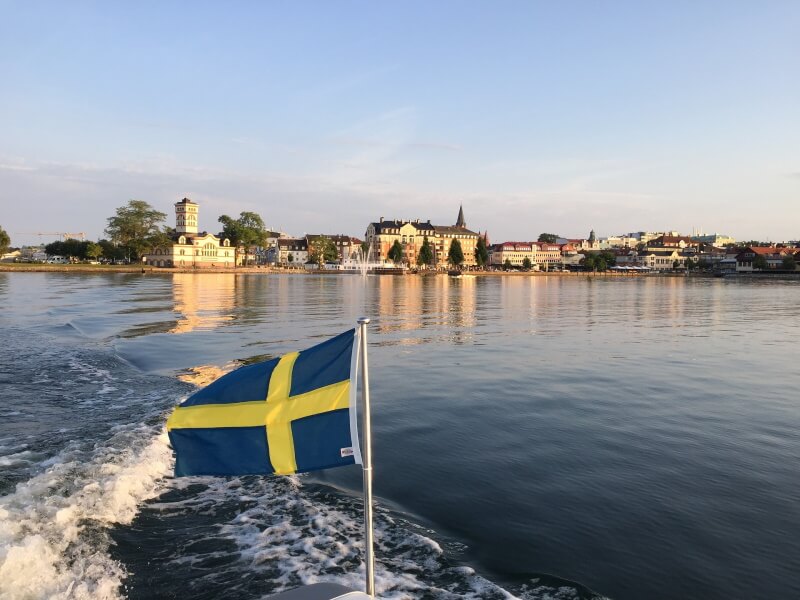
Sweden’s government (Regeringen) has announced proposals to increase the gambling tax rate in the country from 18% to 22% of gross gaming revenue (GGR).
If approved, the tax rise will come into effect in Sweden from 1 July 2024. Regeringen says such a move could bring in an additional SEK540.0m (£39.3m/€45.5m/$48.4m) in additional tax revenue each year.
Regeringen adds the decision to raise tax is based on the belief that the market should have stabilised since reregulation in 2019. Sweden opened its igaming market that year, allowing operators to apply for licences and legally offer gambling in the country.
In addition, Regeringen highlighted concerns over channelisation in Sweden and the impact of this rate on the market. Regeringen says a new tax rate in excess of 20% will help achieve channelisation of at least 90%.
“The current tax rate of 18% has applied since the Swedish gambling market was reregulated in 2019,” Regeringen said. “The gambling market has since stabilised and channelisation has increased significantly. In addition, measures have been taken to exclude unlicensed gambling from the Swedish market, which came into effect 1 July 2023.
“The reasons for caution when setting the tax level should therefore not be as strong now as during the re-regulation. An increase from 18 to 22% is judged to be at a suitable level to strengthen the financing of government activities, without it leading to too great an impact on the companies and the size of the tax base.”
BOS blasts proposed tax rate
The news has not gone down well with Online Gaming Industry Association (BOS). Secretary general Gustaf Hoffstedt criticised the proposal and urged the government to rethink its plans.
“The announcement from the government is deeply disappointing,” Hoffstedt said. “Above all, it shows the government does not understand or has taken to heart what kind of market it is set to govern. Even less has the government understood the vulnerable position that market is in.”
Hoffstedt also referenced recent BOS research on channelisation. In June, a report by BOS revealed that 77% of Sweden’s igaming market is channelised. At the time, BOS described this as a “critically low” rate.
“We were recently able to show that channelisation in the Swedish gambling market is 77%,” Hoffstedt said. “Some gambling verticals, including online casino, are as low as 72%. The trend is also declining, in other words the channelling decreases over time.
“We are already far from the state’s goal of at least 90% channelisation. If this tax increase is approved by the Riksdag, we will soon be down to the channelisation we had before Sweden reregulated its gambling market in 2019. A reregulation that took place because Sweden had such a low channelisation at the time.
“Sweden’s government must perform much better than this. There is still time to withdraw the proposal.”